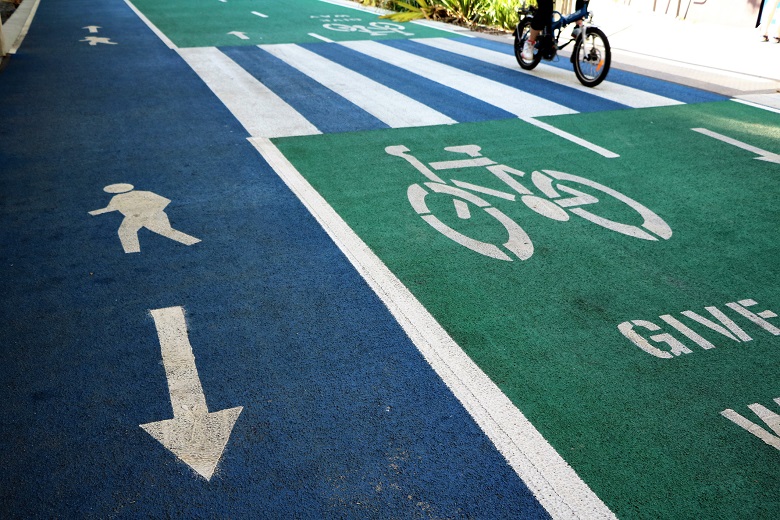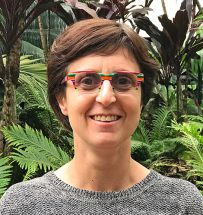
A Queensland council has been able to win funding, improve community education and define planning and program strategies by partnering with a university on a study into sport, recreation and activity among local residents.

As well as helping Logan City Council secure a grant under the Move it AUS federal funding program, the research is helping council draft its Active Living Program and put together a women’s sport initiative, Sport and Recreational Planner Helene Windels told a conference.
“We were drafting a new Active Living Strategy and we were looking at the data we had,” she told the National Community Sport Conference in Melbourne last Thursday.
“We had a lot of club membership data, organised club data and facility data, but we didn’t know about the what the rest of our population were doing and not doing.
“We wanted to capture that data before we started defining what we are doing in terms of physical activity strategy.”
Council conducted two studies, one in 2015 and a subsequent one in 2018.
For the second study council managed to get a partnership with Griffith University, which provided valuable in getting expert analysis of the data gathered from a total of almost 2000 phone and online surveys.
National data matched against local
Logan City’s research benchmarked some questions against those in the ongoing national AusPlay survey, the nation’s largest and most comprehensive study into physical activity launched in 2015, but also aimed to capture uniquely local data.
Paricipants were asked a range of questions including their use of council recreation and leisure facilities, knowledge of council programs, barriers to participation, awareness of council facilities and the extent to which they were meeting national physical activity guidelines.
They were also asked questions around cycling and if people wanted to participate with people from their own cultural groups.
Ms Windels admits it took nearly a year to sell the idea to council and get funding and support for the research, but efforts paid off. Among the benefits was Logan City’s success as one of only three councils to get Move it AUS funding.
“There’s been a range of benefits to having this data,” Ms Windels said.
“It’s been really crucial for us to get funding,” she said. “there’s been a range of benefits to having this data.
“Any time you try to apply for funding you need to justify the need and when you have local data that really simplifies the way you write your funding application because you can have one source of information that you can rely on,” she said.
“The take home message is that while there’s really a place for looking at national data and looking at national trends, local data can really help drive local change and change local activities and focus.”
One of the more surprising insights, she said, related to the use of public cycleways by members of the community.
“When we asked people what facilities they were using to be active the second biggest one was pathways and bicycle ways,” said.
“But council is mostly building them from a commuting and transport perspective rather than recreation, so it’s those type of findings can help change the conversation about how we plan for bikeways and pathways.”
The results of the first Active Logan Participation survey are available here. The results of the latest survey have only just come to hand and are yet to be made fully public, Ms Windels said.
Comment below to have your say on this story.
If you have a news story or tip-off, get in touch at editorial@governmentnews.com.au.
Sign up to the Government News newsletter.